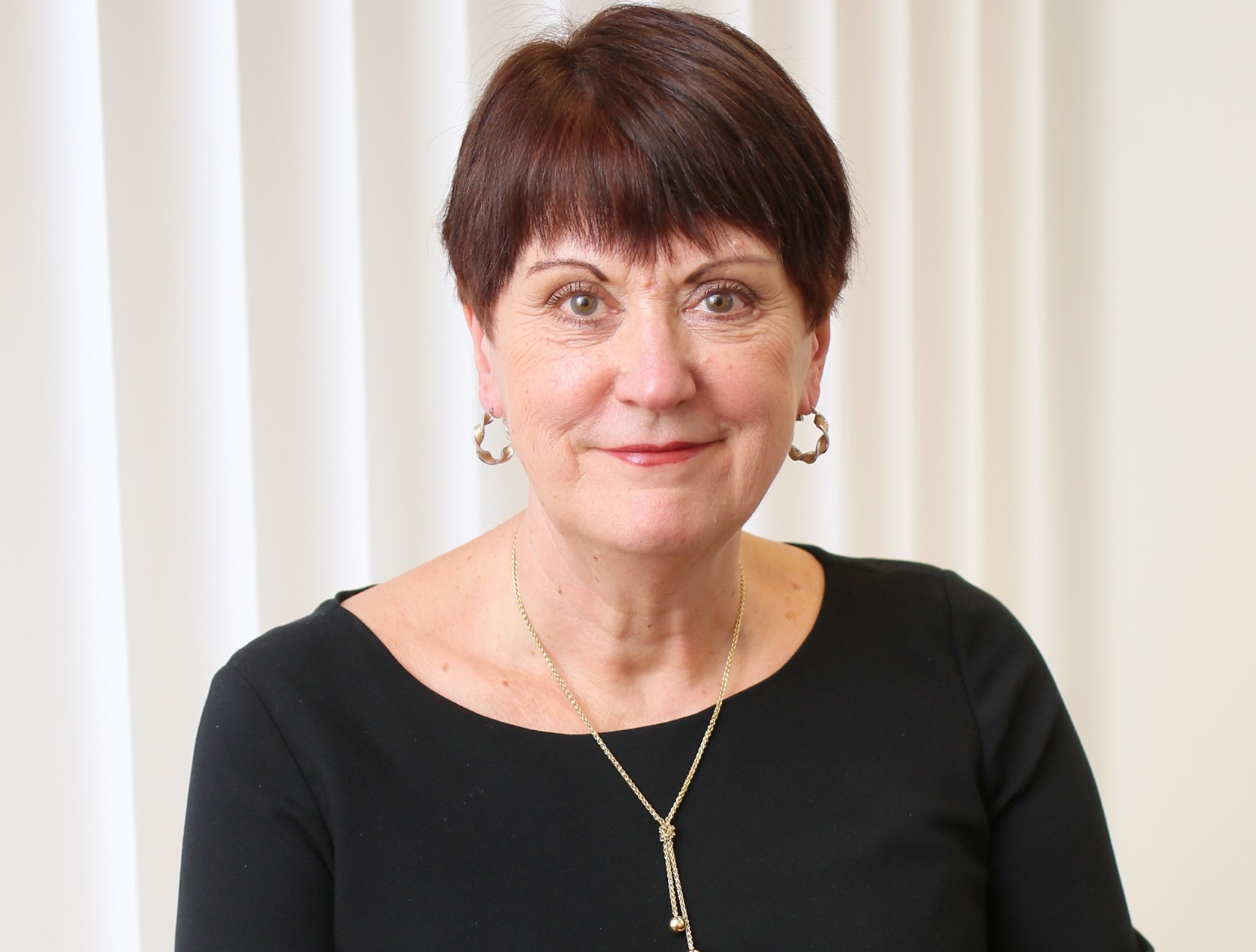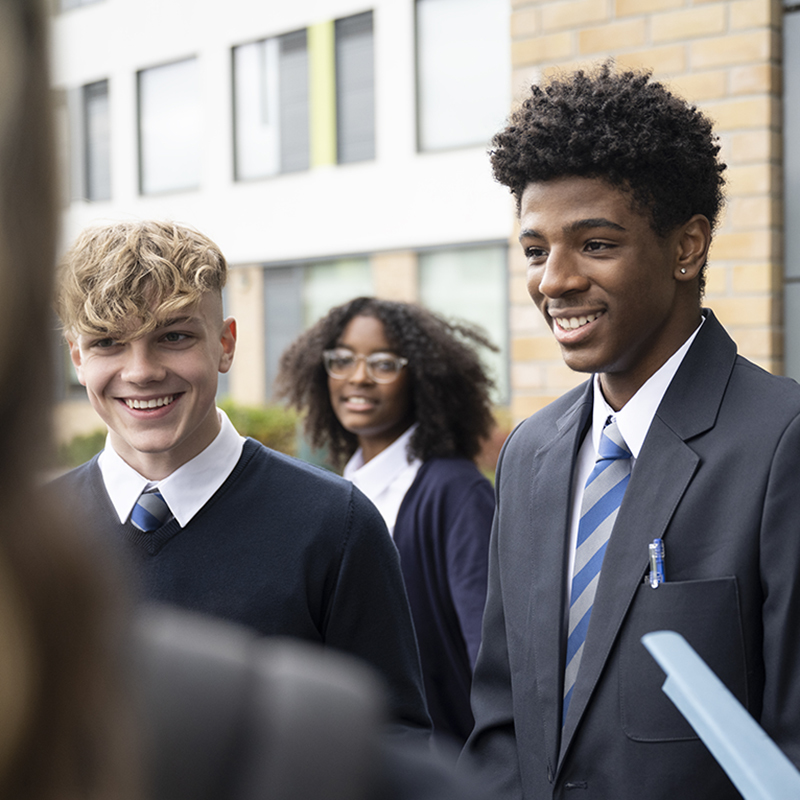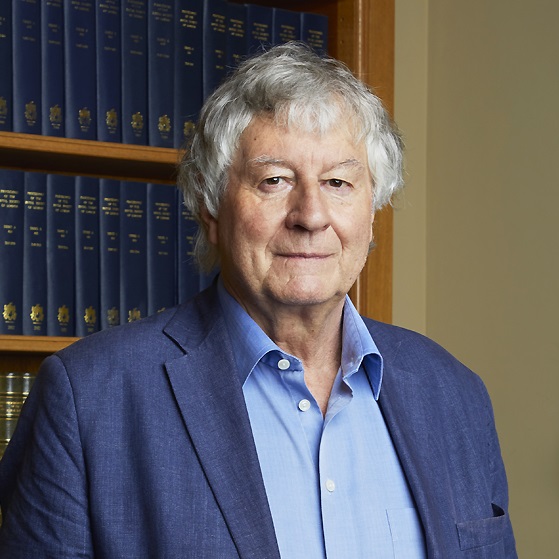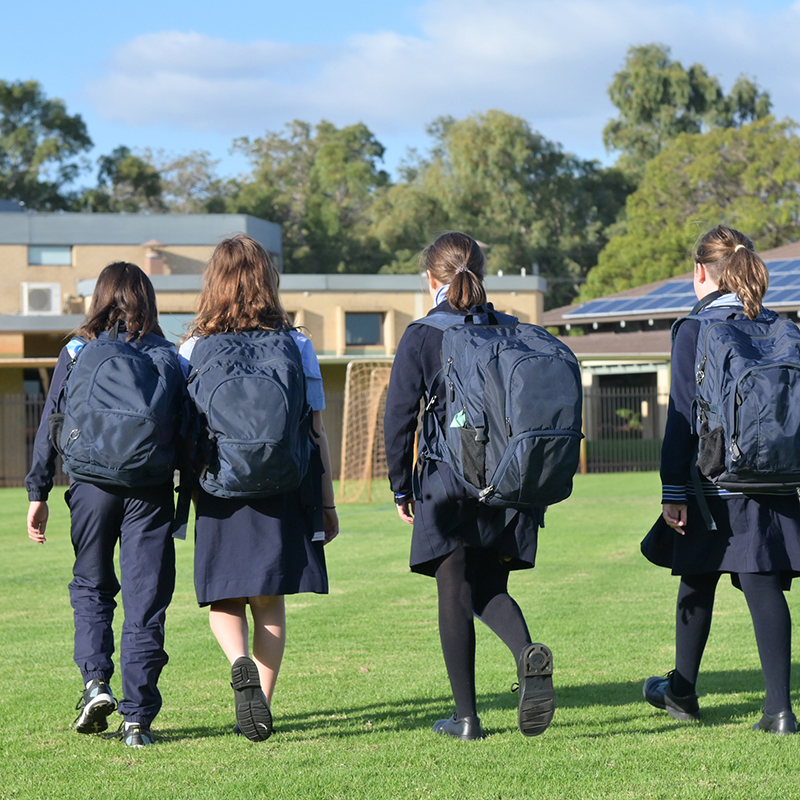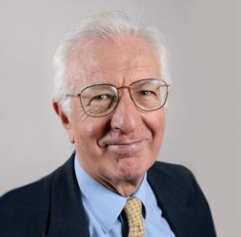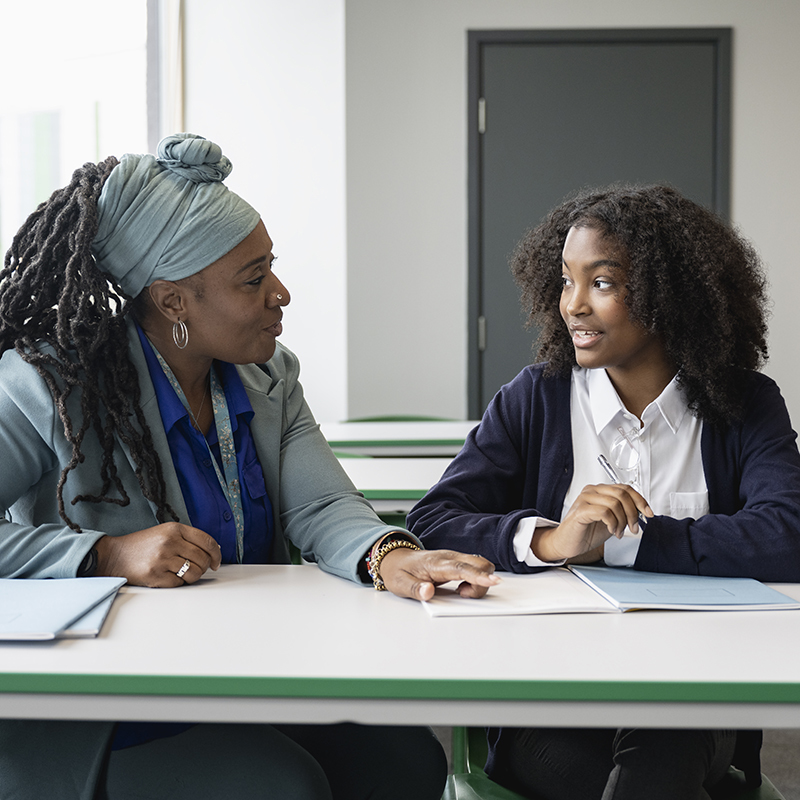Dame Judith Hackitt highlights the need for diverse thinking and debate within our education system.
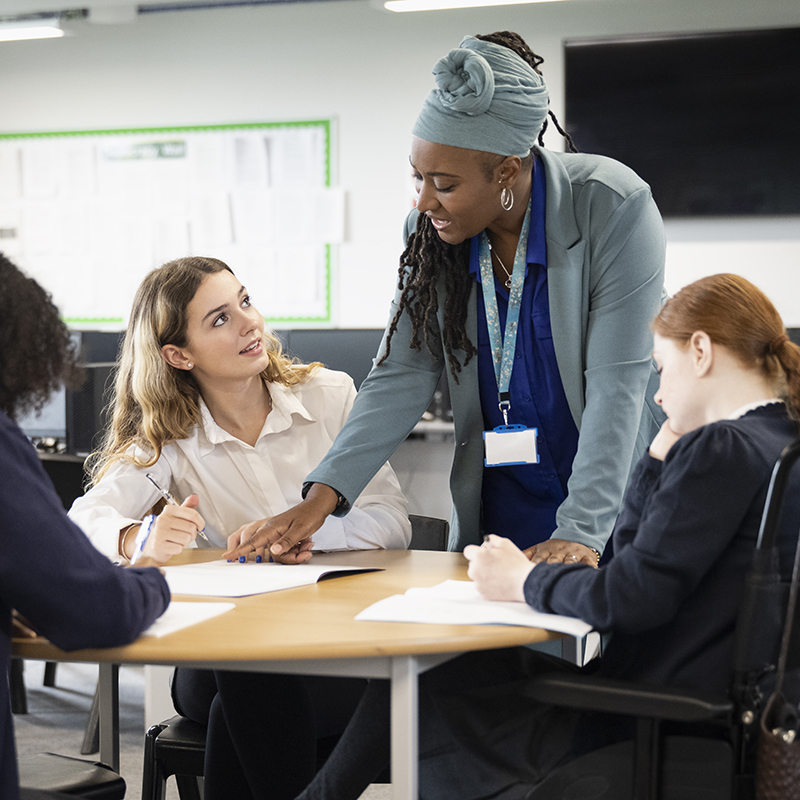
Educating future generations is one of the most important vocations for anyone. But for me, the problem with our current education system is that it resembles a sausage machine. The curriculum requires that we pile information into kids just for them to regurgitate it in exams. It all hinges on young people getting good grades: absorb facts; absorb facts; remember them. It will make them good quizzers in adulthood, but whether it will set them up for life itself, I’m not so sure. I think that teaching is about so much more than that and we are not enabling teachers to play the important roles they should be in preparing young people for life. Let me explain why this is so important.
Recruiters in industry today often say that young people have got the academic qualifications, but they're short on life skills. By that they mean the ability to interact with other people, the ability to work in teams, the ability to think creatively and apply themselves to problem solving.
Working in diverse teams
What appears to be missing from our school system is the means to learn through collaboration and teamwork with a divergent group of people – the collaboration that, at least in a profession such as engineering, is essential. You literally never do anything on your own in engineering. You always work in teams. This is, of course, increasingly the case in the rest of the professional world too.
Learning how to work in a team is about more than just working together. It’s about learning how to listen to people with different ideas or contrasting experiences, and recognising that there are different viewpoints. By bringing those all together and jointly developing ideas we will arrive at better outcomes.
This is the stuff that is essential in the modern world.
We should not focus exclusively on the shortcomings in formal education. Employers also need to truly embrace the need for diversity and inclusion across the whole of the workforce. There has been a tendency to recruit in one’s own image or like for like. If you’re an engineer, you’ll recruit more engineers. The way in which we define what we need, what industry needs, needs a rethink.
The need for problem-solvers
Being an engineer is not about someone being good at maths and good at chemistry and good at physics. It's someone who can solve problems. That's what engineering is all about. Whether that's a drought in Africa, or whether it's building a bridge, it’s about analysing the problem that needs to be solved and coming up with a solution. Of course, engineering is involved, but an equal part of it is the ability to understand human beings and their needs and to consider the environmental and social impacts of what we plan to do. So, we need to accept that the social side is incredibly important too.
To do this well we need to broaden the disciplines from which we bring people in to work in those problem-solving teams. This is an integral part of why the equality, diversity and inclusion agenda is so important. This is not just about gender and ethnicity, it is about bringing teams together who think differently and have a broad range of experiences – because that way you get better solutions.
We are now beginning to actually prove this hypothesis. I chair the Safer Complex Systems work that is currently being undertaken at the Royal Academy of Engineering. We have consciously set out to broaden the community of people who we involve in our thinking, for example social scientists. What we have found is that everyone gets a great deal more out of bringing very different groups together. We’re now seeing questions asked – have you thought about this? or whose input did you seek? – that were never asked before. And so we are looking at ways to give voice to those disruptors and those difficult, different thinkers.
We know that if you look back over a number of disasters – for example the Space Shuttle Columbia disaster – someone was nearly always sitting there thinking “we shouldn't be doing this”. And, for whatever reason, they weren’t heard. We need to ask – and I include the education system in this – whether there's a way of giving those unheard voices greater confidence and the ability to speak up.
The reciprocal of that is, of course, that we need to encourage – and teach – those who are instinctively group thinkers to open up. We need to find ways of recognising collaboration and teamwork as valuable qualities alongside academic qualifications.
Creating space for debate
So, what should those who run the education system do about it? As it stands, there is simply not enough space in the curriculum for the kind of teamwork and thinking that I believe we need to see nurtured. Schools and students alike are pressured in terms of getting through the curriculum, in terms of getting through exams and in terms of achieving a decent Ofsted review.
There is a much wider societal issue to consider too. It worries me enormously the extent to which we are all becoming less tolerant of people who have different views. Social media allows thinking and new ideas to be squashed all too easily. Controversial views are dismissed or cancelled rather than aired and debated.
But what are we doing about helping the young people who are in full time education today to overcome these dichotomies, to embrace pluralities of view and to understand, respect and be tolerant of other people? This is an issue that needs to be tackled urgently.
Where is the space for debate and discussion in our schools? It is all too rare. There are some schools and some teachers that nurture it. But they are the brave ones – the ones that stand apart from what the system seems to demand. They stand apart from the received wisdom of what many – especially the inspection system – regard as the measures of a good school. I am far from convinced that the measures that Ofsted use today are geared towards measuring the important features of what I would consider to be good education, which is about preparing young people for the world around them.
Different starting lines
The school system is simply not set up to bring out the best in the young people it is there to educate. It fails to recognise that some young people and some communities are beginning from a different starting line with a different perspective. You will experience things in a very different way if you are from a deprived community to the way a peer from a more privileged area might and that will have an impact on how you approach a problem. These different perspectives, approaches and ways of thinking are so important, but they tend not to be nurtured and developed in a system which is constrained by a narrow curriculum and a focus on exams which measure fact and knowledge retention.
If we are going to solve the world’s many great problems, we need different views, we need different ways of thinking, we need different perspectives. We need to end groupthink in our schools, focus on nurturing individual talent and bringing out the very best in everyone, coupled with an appreciation of the value of collaboration and working together.
This piece is part of the Royal Society’s Envision project. Envision brings together thought leaders to discuss what the UK education system should look like in order to prepare students to flourish in a changing world of work in the 21st century.

